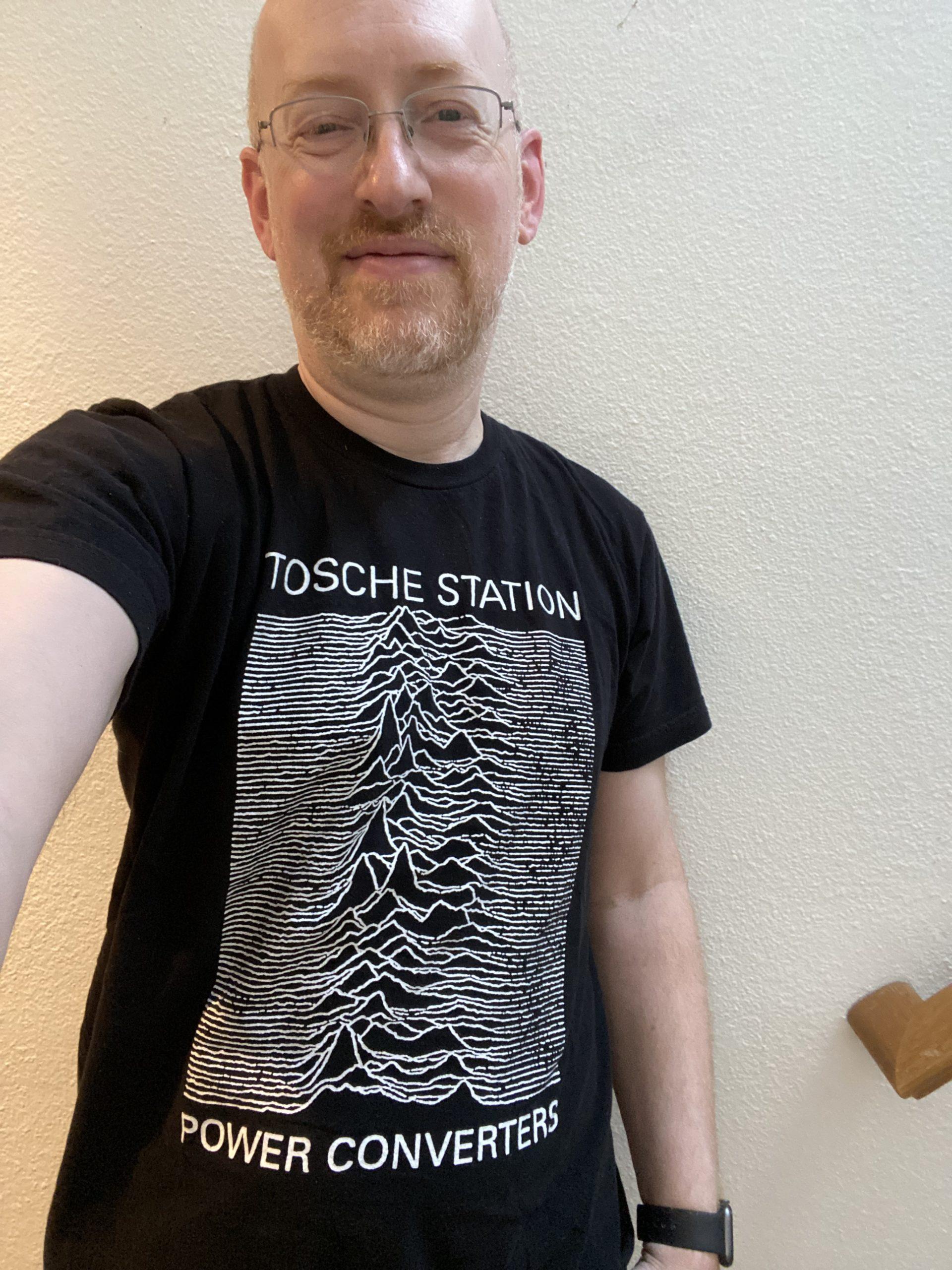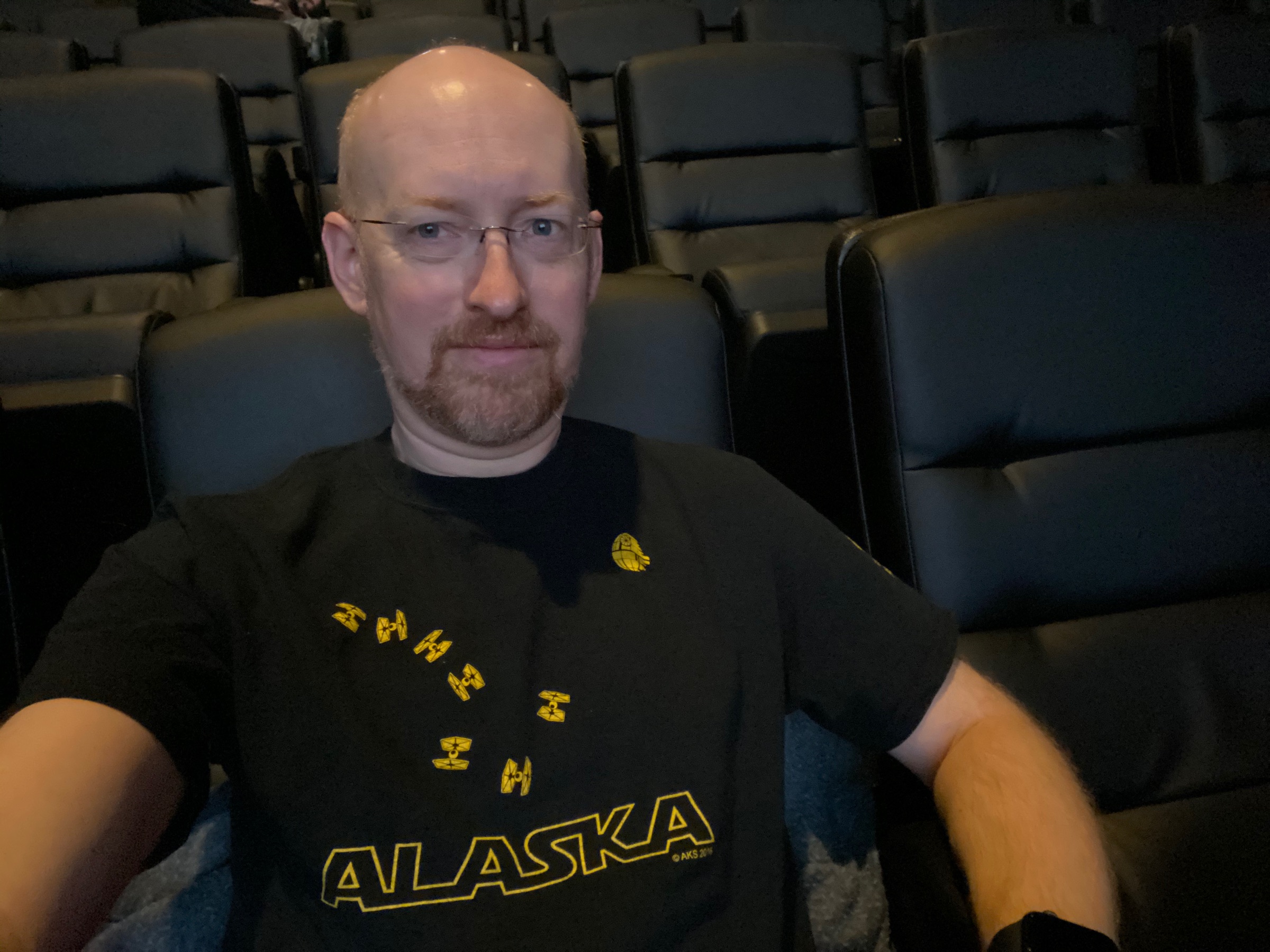A few more brief non-spoilery thoughts on The Rise of Skywalker, while it’s still fairly fresh in my mind.
I thought the first hour or so of the movie was far too rushed. There was no time to breath, to take anything in, and it felt like Abrams was concerned that if he gave the audience time to actually think about what we were watching, instead of just reacting, the film would fall apart. Which, in a lot of ways, it would.
This Twitter thread by @ZenOfDesign raises a lot of good points and questions about The Rise of Skywalker, many (but not all) of which came to my mind as I was watching it. Obviously, spoilers all through the thread, and if you absolutely loved the film, maybe you don’t want to click through.
It was very pretty, of course, and I was generally entertained. However, there were so many moments (like many of those in the above-linked Twitter thread) that pulled me out of the film that I never really got truly invested. I’ve seen other people comment on how fanservice-heavy the film was, and I’m very much in agreement; I think it was so concerned with trying to 1) touch on as many pieces of the saga as possible, and 2) satisfy as many fans as possible (unfortunately, particularly those most vocal about not liking The Last Jedi) that it hindered more than helped.
I also think it shares some DNA with Avengers: Endgame in that it was so wrapped up in being the end of a saga that there’s simply no way the film can stand on its own. Neither of these films are comprehensible at all without having watched some (and, preferably, all) of the films that came before them, and as such, suffer when thought of as single entities rather than as chapters in a larger work. These certainly aren’t the only films to be in such a position, of course, but it seems particularly the case for these.
Of course, that saga theoretically stretches over nine films, but I was very amused that everything about the end of TRoS calls back to the original trilogy, and there’s actually very little at all in the film that is a direct or even offhand reference to the prequel trilogy (one line about Gungans is all I’m immediately remembering). It’s very possible to ignore the prequels entirely, and just view episodes IV-IX as a complete story.
In the end, as I noted just after seeing it, it is an entertaining film, and an acceptable, though not incredible, end to the Skywalker saga. But it’s definitely the weakest of the three new films (with The Last Jedi being the strongest).



